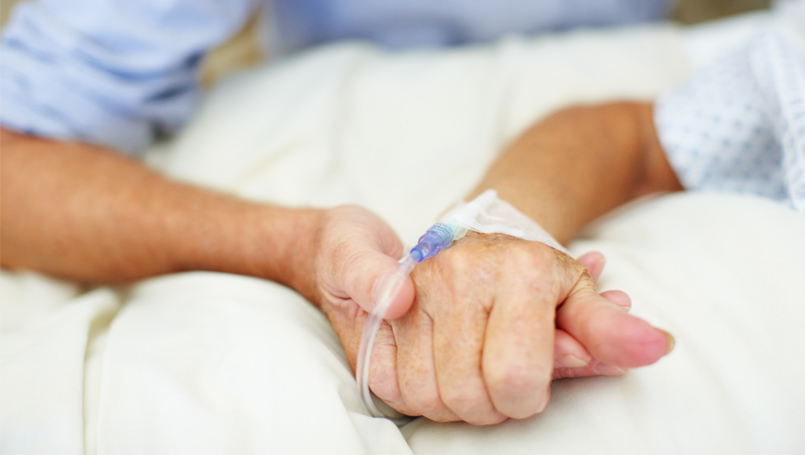
Heart surgery, whether it be to repair or replace a valve, unblock an artery, or correct an irregular heartbeat, is serious business, with a fairly lengthy recovery time.
Broadly speaking, there are two basic types of heart surgery: Minimally invasive, involving smaller incisions to the side or front of the chest, or the standard open surgery, where surgeons cut through the middle of the breast bone with a special saw to access the heart. The latter involves more pain and a longer recovery.
“It’s a very major operation,” says Reza Dabir, M.D., chief of cardiovascular surgery at Beaumont Hospital, Dearborn. “And when we do minimally invasive, we’re trying to reduce that surgical trauma with smaller incisions that heal and help them get back to normal activities more quickly.”
Here’s what to expect after undergoing a standard heart surgery:
What’s the pain like?
It’s normal to experience pain and discomfort around the incision and in the breast bone, and sometimes in the back of the neck or lower back. “It’s significant, but we get them up and we’re giving them enough pain medication so that the more activity they do, we’re hoping they’ll have less and less pain,” Dr. Dabir says.
Patients usually get a prescription for pain medication and instructions on how to take it, but Dr. Dabir says it’s more important for recovery to get up and moving.
What about recovery?
In the case of a standard surgery, patients usually will spend four to seven days recovering in the hospital. Typically, they can go back to driving in around four weeks, but they’ll have to wait eight to 12 weeks before resuming normal activities. Dr. Dabir says he asks patients who’ve undergone heart surgery not to lift anything heavier than 10 pounds over their heads for six to eight weeks. “That’s because we want the breast bone to heal up nicely.”
While in the hospital, they’ll be in the cardiovascular intensive care unit, where medical personnel monitor patients to make sure their recovery is going well and monitor their heart rate and rhythm, blood pressure and oxygen levels.
But rather than simply resting, doctors will want post-surgery patients to get up and move whenever possible. Your cardiologist will recommend whether or not you are a candidate for cardiac rehabilitation, “an important aspect of their recovery because it allows them to get more and more confident in their movements, range of motion and just getting back to normal activity,” Dr. Dabir says. There, patients will be monitored for heart rate, oxygen flow in the blood, pulse and blood pressure as they go through a graduated exercise program.
“They get to be pretty mobile before they go home,” Dr. Dabir says.
What happens after you get home?
At Beaumont, patients undergo an educational session and speak with a nurse practitioner before being sent home, with special instructions on how to care for the incision wound. They get a bracelet with a phone number to a surgical intensive care unit, which they can call with questions and speak with a nurse practitioner, physician assistant or surgeon.
In some cases, a visiting nurse will see patients in their homes to check on their medication regimen, breathing, heart rate, blood pressure, how the incision is healing and check for any swelling in the legs.
Patients should also be very mindful of their lifestyle choices following heart surgery by following a low-sodium, low-cholesterol diet, getting regular exercise and avoiding smoking.
Patients also get instructions to walk around the house and be active.
“Don’t just sit on the couch or go to bed,” Dr. Dabir says. “We ask them to walk around the house. They have a pretty regimented program when they go and see their cardiologist, maybe a couple of weeks out.”
